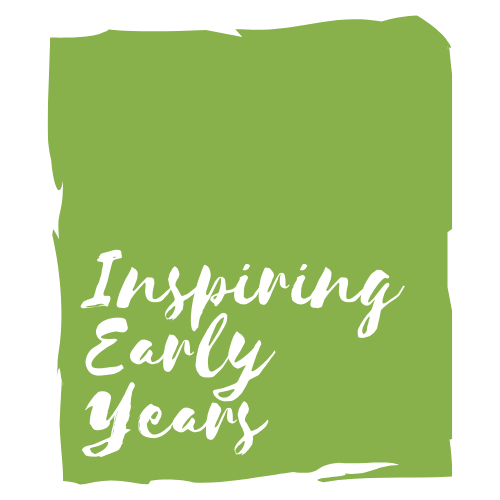The new Development Matters framework notes the 7 Key Features of Effective Practice. Each week we will unpick a different Key Feature.
This week is ‘The Best for Every Child’!
What are the 7 Key Features of Effective Practice?
- The Best for Every Child
- High Quality Care
- The Curriculum – What we want children to learn
- Pedagogy – Helping children to learn
- Assessment – Checking what children have learnt
- Self Regulation and Executive Function
- Partnership with Parents

Lets Look At This Week’s Key Feature, The Best for Every Child
- All children deserve to have an equal chance of success
- High quality early education is good for all children. It is especially important for children from disadvantaged backgrounds.
- When they start school, children from disadvantaged backgrounds are, on average, 4 months behind from their peers. We need to do more to narrow that gap.
- Children who have lived through difficult experiences can begin to grow stronger when they experience high quality early education and care.
- High quality early education is inclusive. Children’s special educational needs and disabilities are identified quickly. All children promptly receive any extra help they need, so that they can progress well in their learning.
Settings need to have an ambitious curriculum to be able to provide quality early years care for children of all backgrounds, ages and stages of development. Strong leadership empowers practitioners to provide quality early education for all and ensures consistency throughout the setting.
It is important to understand the backgrounds of children attending the setting and whether additional support is offered, to be able to effectively challenge their early development. For example, children from:
- Disadvantaged backgrounds
- 2-year funded children
- Children who have experienced Adverse Childhood Experiences (ACE’s)
- Fully funded childcare places
By the time children are 5 years old, those that are from a disadvantaged background are already behind on their development. Since the start of the pandemic, we have also seen a dramatic increase in Speech and Language Referrals due to reduced socialising and limited contact with peers. We need to identify children who require additional support as early as possible for them to get the help they need and provide quality, inclusive childcare for all.
Reflection
- How do you know the team fully understand your setting’s curriculum?
- How do you identify children as early as possible who require additional support?


